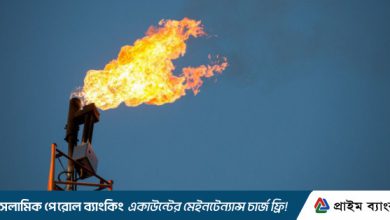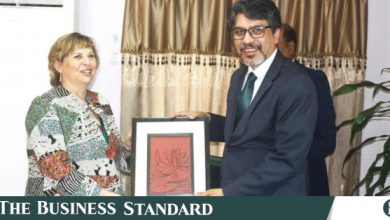Fatema let her son go amid tide of lost lives


She requests job for Sagor once he recovers
Doctors have indicated that Sagor will need long-term treatment, possibly up to three years. Photo: Jahir Rayhan
“>
Doctors have indicated that Sagor will need long-term treatment, possibly up to three years. Photo: Jahir Rayhan
Like a heroic mother sending her son to war, Fatema Begum on 19 July let her son march alongside his peers in the fight against oppression.
“I didn’t stop Sagor,” Fatema recalled. “I felt there was no point in keeping him at home when so many students had already lost their lives.”
Sagor Hossain, a 22-year-old accounting student of Mohammadpur Central College, did go out to protest that day and was struck by two bullets.
One grazed his middle finger, while the other pierced his lower abdomen, exited through his back, and damaged the bones in his leg.
On Sunday, Sagor was found lying in bed in the surgical ward of Suhrawardy Medical College Hospital, an oxygen mask covering his face.
“I have no regrets. I am grateful to the Almighty that Sagor survived,” Fatema told TBS.
She spoke of how watching videos of Abu Sayed—another student who was tragically killed in Rangpur just days earlier—and his grieving mother, gave her courage and continues to inspire hope.
Sagor’s friend Abu Raihan recounted the events of that fateful day, saying, “We set out with 8-10 friends. By 4pm, hundreds of students had assembled on Nurjahan Road. When the police fired to disperse the crowd, Sagor was struck.”
Dhaka was paralysed by widespread clashes on that day. Quota reform protesters vowed to continue until their nine-point demands were met. That night, a curfew was imposed, the military was deployed, and internet services were shut down.
Sagor lives with his family in a small rented tin-roofed house in Mohammadpur. In their financially strained household, Sagor worked as a delivery person to support his education and contribute to the family’s income.
Fatema Begum said they rent a small two-room tin shed house in Mohammadpur for Tk8,000 per month. Sagor, the eldest of three, has two younger sisters.
Their father, a driver, earns Tk18,000 a month, which isn’t enough to cover the family’s expenses, so Sagor worked while studying.
The government has covered all hospital costs, including medication, for the past six days, and she is grateful for this support.
However, before the new government started supporting the injured, Sagor’s family had already spent Tk1.5 lakh on Sagor’s treatment, with Tk1 lakh borrowed.
Fatema appealed for continued government assistance to ensure Sagor receives proper care, though she fears he may never fully recover.
She also requested financial aid and a job for Sagor once he recovers.
Doctors have indicated that Sagor will need long-term treatment, possibly up to three years. He has already had three surgeries, with another scheduled for next week.
“Once I finish my studies and get a job, I’ll ensure both my sisters complete their education,” Fatema quoted Sagor as saying.




